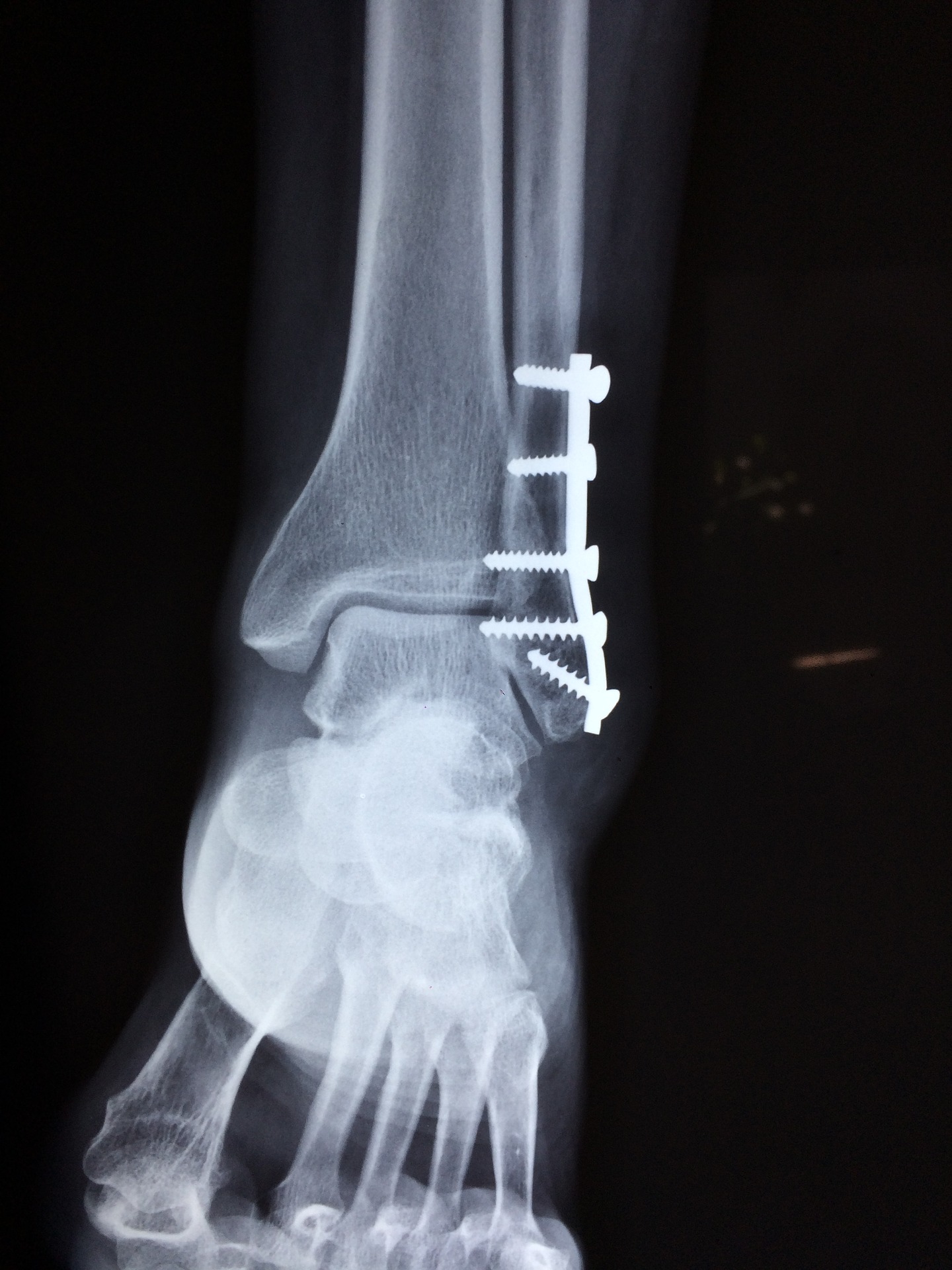Are we over-training our kids?
Most kids/teens winter sports are now well underway and we are already seeing many over-use injuries presenting to the practice. In the past few years we are seeing more bony stress reactions and stress fractures in kids/teens than previously. Many kids play multiple sports over winter and combined with school sport (particularly the PSA schools) and often cross country running the load becomes too much for growing bodies. The key risk factors seem to be a sudden or significant increase in running/training load during a growth spurt.
The key areas to watch out for are:
1) Low back pain with running/jumping that does not resolve within 1-2 weeks and hurts more with bending backwards than forwards. This can be a sign of an early stress fracture of the back. These are common in cricket fast bowlers and also in basketballers
2) Foot stress fractures are very common and can affect the metatarsals, cuboid, talus and navicular. Navicular stress fractures can be particularly nasty and keep kids out of sport for more than a year.
3) Growth plate stress response injuries including Osgood-Schlatters at the knee and Severs at the ankle
4) Any other persistent non-traumatic pain present for more than 2 weeks – I have seen stress fractures of the lower leg, ribs, shoulder blade, pelvis and more.
To summarise: If your child or teen has had a recent growth spurt, has increased their activity levels rapidly and has significant pain of unknown origin then one possibility is a stress reaction or stress fracture. Have them seen by an experienced Physiotherapist or Sports Doctor asap and remove them from sport until they have been assessed. Diagnosis is made from patient history, clinical examination and usually MRI or CT scanning. A comprehensive rehabilitation program addressing biomechanical issues, strength, running technique and muscle imbalance is vital in preventing these injuries from recurring. If your child does have a stress fracture review by a Sports Doctor is highly recommended to screen for underlying medical issues which may contribute.
Adam Floyd Senior Physiotherapist Regenerate Physiotherapy


Recent Comments